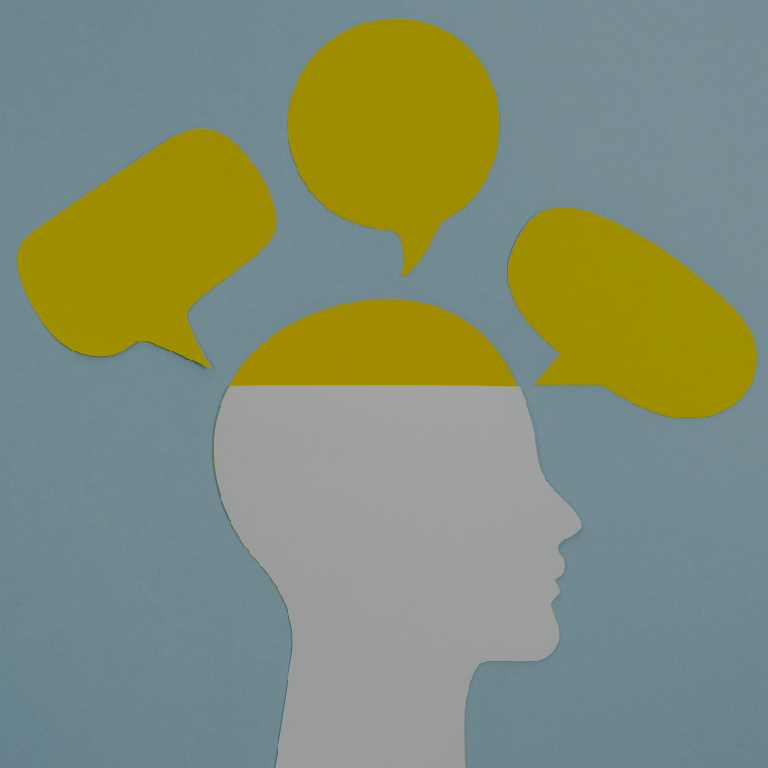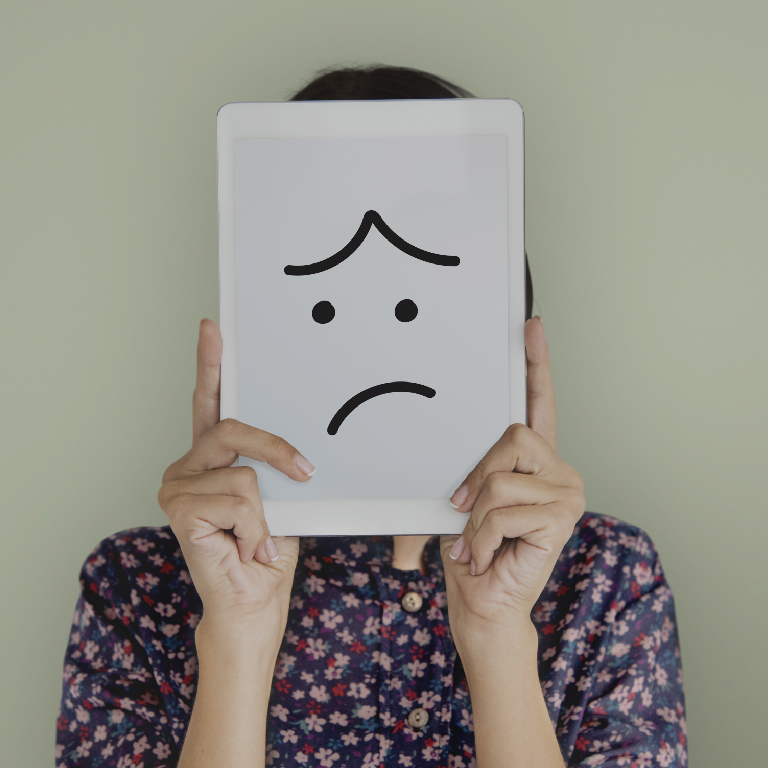Feeling anxious? Read on to find out what anxiety is, common symptoms of anxiety, and how to cope with and prevent it.
What Is Anxiety?
Anxiety is a feeling of fear, dread, and/or worry, typically accompanied by bodily sensations (for example, restlessness and muscle tension).
Everyone feels anxious from time to time. People often feel anxious when they’re trying something new, experiencing a major life change, or in an unfamiliar or unexpected situation.
Common Symptoms of Anxiety
- Restlessness
- Feeling jumpy or on edge
- Easily tired
- Excessive worry
- Difficulty concentrating
- Irritability
- Muscle tension or pain
- Difficulty falling or staying asleep
- Stomach pain or problems
- Headaches or migraines
Coping Skills for Anxiety in the Moment
Wondering how to reduce anxiety immediately? Different things work for different people at different times. It’s all about experimenting and discovering what works best for you. Here are some ideas:
- Go for a walk or jog. Getting out of the house and getting some physical activity is great for anxiety.
- Take a hot bath or shower.
- Channel your anxiety into an artistic endeavor, like drawing, painting, or ceramics.
- Try yoga. Not only is it good for your body, but it also can help you relax and change your mindset.
- Give a busy mind other things to think about instead of fears or worries. For example, make lists of your favorite things (foods, animals, places), or make a bucket list.
- Think of all the things you’re thankful for.
- Journal about your thoughts and feelings. Getting them out on paper can be cathartic. Here's a free template we offer.
- Use therapy techniques (CBT, ACT, DBT, etc.) as outlined in The Mental Wellbeing Toolkit.
- Use grounding techniques for moments of intense anxiety.
- Name 5 things you see, 4 things you hear, 3 things you touch, 2 things you smell, and one thing you taste.
- Place your feet flat on the floor. Notice where every part of your body is making contact with the furniture underneath you. Be present with the feelings of being supported.
- Use distraction techniques.
- Use positive affirmations for anxiety.
- Tears of sadness or frustration release hormones to help us feel better.
- Use a cognitive distortions list to identify flaws in your thinking.
- Listen to guided meditations for anxiety (there are many free ones on YouTube).
- Try Progressive Muscle Relaxation.
- Talk to a trusted friend, loved one, or mental health professional.
What if Anxiety Coping Skills Don't Work?
Have you really tried every anxiety coping skill on the list above?
If so, try to keep an open mind. A skill that didn’t work for you in the past, may work for you today.
Remember: coping skills can help you tolerate a difficult moment, but they won’t always make your anxiety go away completely, or right away. (That sure would be nice!) You may need to adjust your expectations.
If you’re struggling to see the effectiveness of coping skills, try rating your anxiety on a scale from 1-10 before and after using a skill (1 = barely a twinge of anxiety, 10 = a full-blown panic attack). You may find that even if your anxiety isn’t completely gone, it’s decreased from a 9 to a 6. It may not be the ideal outcome, but it’s a start!
Preventative Strategies for Anxiety
Anxiety coping skills can help you feel calmer in the moment. But what can you do to prevent and decrease anxiety long-term?
- Move regularly, doing any physical activity you enjoy. Exercise helps anxiety by releasing endorphins, increasing quality of sleep, and decreasing muscle tension.
- Eat meals at consistent times throughout the day. This will decrease the risk of irritability and stomach problems (both of which often co-occur with anxiety).
- Stay hydrated! Doing so prevents muscle pain, headaches, and irritability (all of which are anxiety symptoms as well).
- Practice good sleep hygiene. Wake up and go to sleep around the same time each day. As much as possible, only use your bed for sleep and sex. Try cognitive techniques to quiet a racing mind. (Want a practical tool for improving sleep? Check out The Better Sleep Planner.)
- Limit caffeine intake. Caffeine can make people feel “keyed up,” which can trigger and exacerbate other anxiety symptoms.
- Try meditation. Meditation can change neural pathways in your brain, increasing your patience and calm long-term.
- Identify your anxiety triggers. Keeping a journal or tracking your anxiety levels daily can help you identify triggers.
- Avoid and cope with anxiety triggers. When anxiety triggers can be easily avoided, great! When they can’t, come up with a plan ahead of time for how you will cope with specific triggers.
Getting Professional Support for Anxiety
If your anxiety is affecting your daily functioning (meaning it interferes with work, relationships, or other responsibilities), it may be a good idea to seek professional support.
A therapist can help you develop your coping skills “toolbox,” and troubleshoot any difficulties using skills. They can also help you uncover any underlying causes of anxiety and heal from them. A psychiatrist can also prescribe you medications to help with anxiety, if appropriate.
A Toolkit to Help You Reduce Anxiety
Research shows that self-help materials are often enough for people to overcome mild to moderate mental health difficulties without professional support.
Our self-guided program includes tools from CBT, DBT, ACT and more, so you can discover what works best for you. Check out The Mental Wellbeing Toolkit today – it's "like 10 therapy sessions in one."

About Rebecca
Rebecca Ogle, LCSW, is a Licensed Clinical Social worker and therapist in Chicago, IL.Rebecca provides therapy to people with anxiety, low self-esteem, and people pleasing tendencies. She uses a feminist and social justice lens, and interventions based in CBT, mindfulness, and motivational interviewing.
For helpful, free content, follow her on Instagram or go to her website.



